1. The birth of the Universe

According to the accepted theory, the Earth was born 13.7 billions of years ago and it grew from a size smaller than an electron to what it is today, within a fraction of a second. At first, the universe was filled with energy and nothing else. Slowly, this energy gave birth to particles, which assembled into light atoms, like hydrogen and helium, for example. They clustered into galaxies, than into stars. However, this theory cannot be proved. The energy that initially gave birth to the inflation of universe has long disappeared.
2. The Aliens
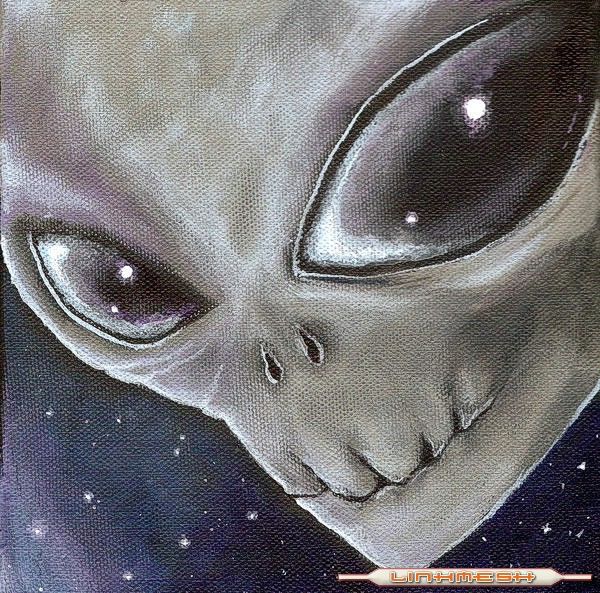
Considering the vastness of the Universe, it seems rather impossible that life met the proper conditions to develop on one planet only, our own. According to Frank Drake, an astrophysicist, if only one in a billion planets would host intelligent life, that means that 6 billion civilizations appeared in the universe at one time or another. Today, most people believe in the existence of alien life. Why no one has contacted yet and if someone will at some point, remains one of the greatest mysteries of the universe.
3. Antimatter
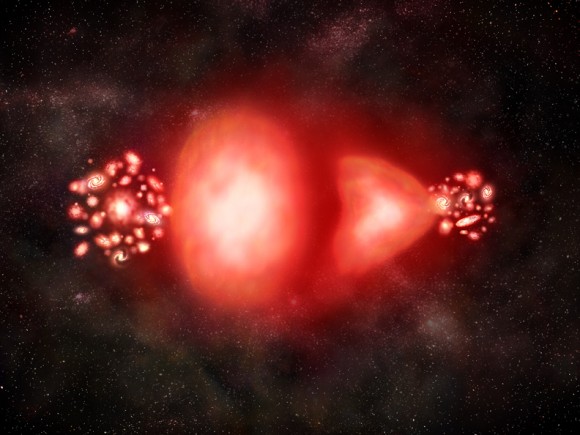
Antimatter is composed from antiparticles in the same way that matter is composed from particles. Apparently, when a particle is created, an antiparticle of the same mass and opposite charge is also born. Mixing particles with antiparticles will lead to annihilation of both elements and to the following creation of high-energy protons or other particle-antiparticle pairs. Starting from these facts, much speculation arose as to why is there mostly matter in the universe and hardly any antimatter, and around the idea that there should be another universe where antimatter is prevalent.
4. What causes gravity?

Gravity is present all over the universe and it tugs on matter to form galaxies, stars or black holes. It does not compare with the other forces known to the man. One of the biggest mysteries of the universe, gravity works only on large scales. When trying g to apply gravity at small levels, it proves impossible. Scientists believe that gravity is created by very little particles with no mass called gravitons. However, up to this day, these experts were unable to find these gravitons because, as they say, gravitons escape their observations by having little interaction with matter, and because the method of finding them is unknown yet.
5. Consciousness

According to scientists, what we call ‘mind’ or ‘judgment’ is nothing but a set of conditioned responses. However, humans have many cognitive abilities which go beyond the level of ‘conditioned responses’. Moreover, many unanswered questions, such as what happens to the consciousness after we die, or whether the machines will be capable of thinking by themselves in the same way we do, are so many mysteries to be answered.
6. Multiverse
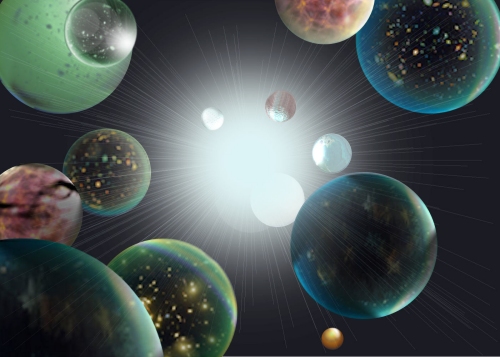
‘Multiverse is a term coined in 1895 by the American philosopher William James and it represents a set of multiple universes, also known as parallel universes. This theory implies the existence of more than one universe in the same space and time, but without interacting, except some very special situations. However, no proof of the existence of such worlds were founs yet, so it all remains a matter of belief and of probability.
7. The Dark Matter and the Dark Energy
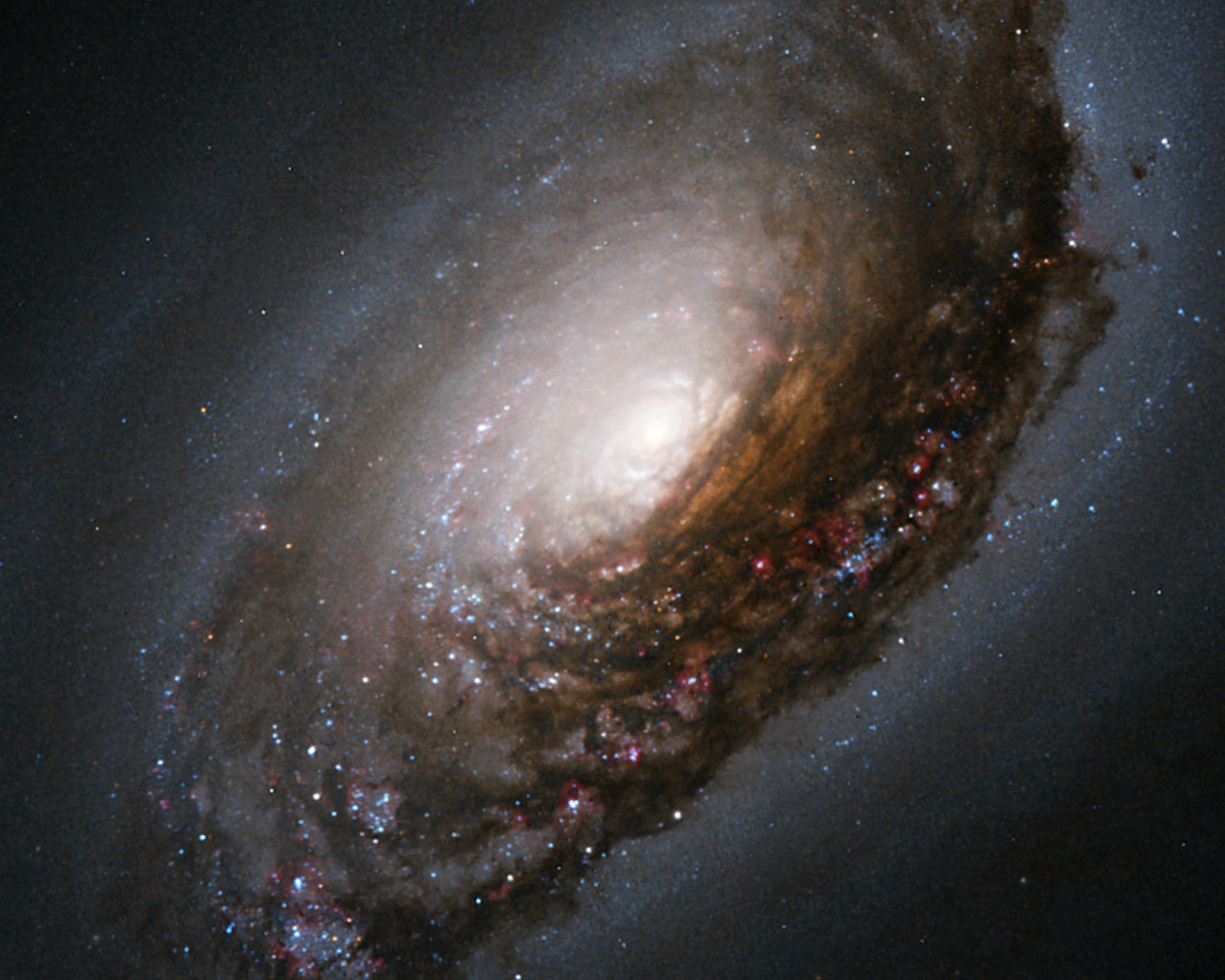
Apparently, there is an enormous amount a matter that humans are unable to perceive. This was determined with the help of modern technology and high-tech instruments which show that we can only perceive about 4 % of all the existent matter. The rest is the so called ‘dark’ matter, which remains unperceivable by the human eye because it neither emits nor scatters light, hence the name. According to some studies, the dark matter represents 83 % of the universe, while what we call normal matter is about 17 %. Despite these figures and despite its supposed importance, we were unable of finding evidence of its existence. Accompanying dark matter is the dark energy which has the capability of increasing the rate of expansion of the universe. The existence of this type of energy would explain the recent observations of the expansion of the Universe at an accelerated rate.
8. Time

Time is maybe the greatest of all the mysteries of the universe. This is because, even though we are familiar with it ever since the beginning of our race, we are still unable to define it properly and in a way that satisfies everybody and every field of science. The question of whether the time even exists and can be measured arose and wasn’t yet answered.
9. The end of the Universe
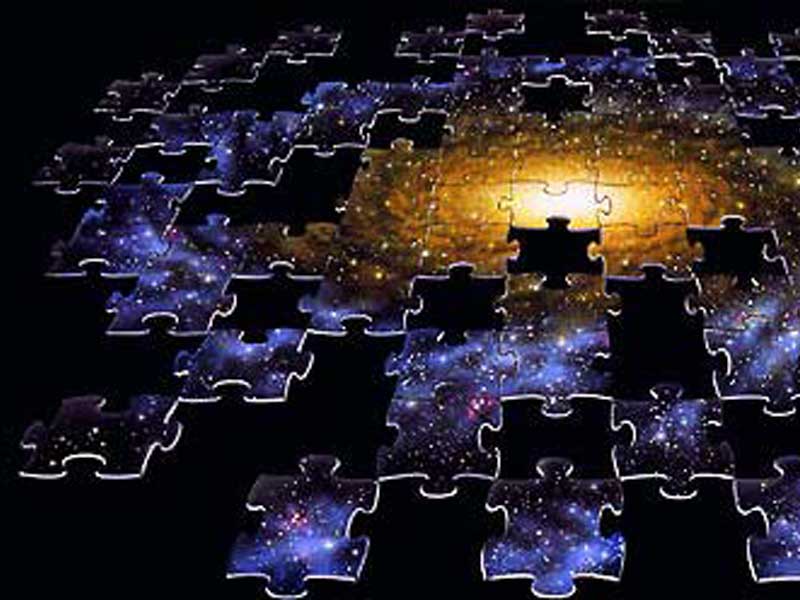
If the universe will end, and how will this happen remains one of those questions that men ask for the sake of asking, even though they know it would be impossible to find an answer. However, man is stubborn: several theories were created, such as the one claiming that the universe will continue to expand up to a point where all matter will be as thin as dust. Another one brings forward the idea that the universe will simply slow down and fall back into a single point, that may spark again into a new Big Bang. Finally, some people believe that baryons and protons, the building blocks of matter will simply decay (as other particles do) and if this do happens, than the universe will simply cease to exist.
10. The black holes
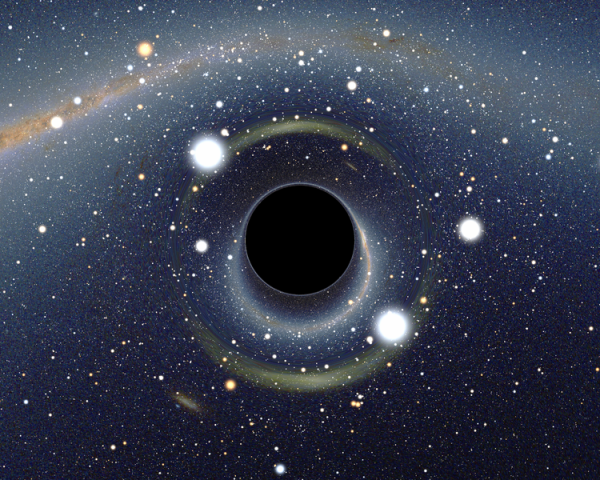
After having been considered a SCI-FI concept for many decades, scientists all believe today in the existence of black holes. These are, according to definition, regions in space from which not even light escapes. A black hole is supposed to absorb all the light that hits the horizon, reflecting nothing. Apparently, they form when heavy stars collapse in a supernova at the end of their life cycle. After being form, a black hole will continue to grow by absorbing matter from its surroundings. Also, scientists believe that black holes exist at the center of most galaxies. Moreover, our own Milky Way is believed to shelter a huge 4 million solar masses (the standard unit of mass in astronomy) black hole. Once one of the mysteries of the universe, black holes are now generally agreed upon and an universal recognition of the phenomenon occurred in the past years. However, for most of us ignorants,it remains nothing but a strange, interesting phenomenon.
Source
